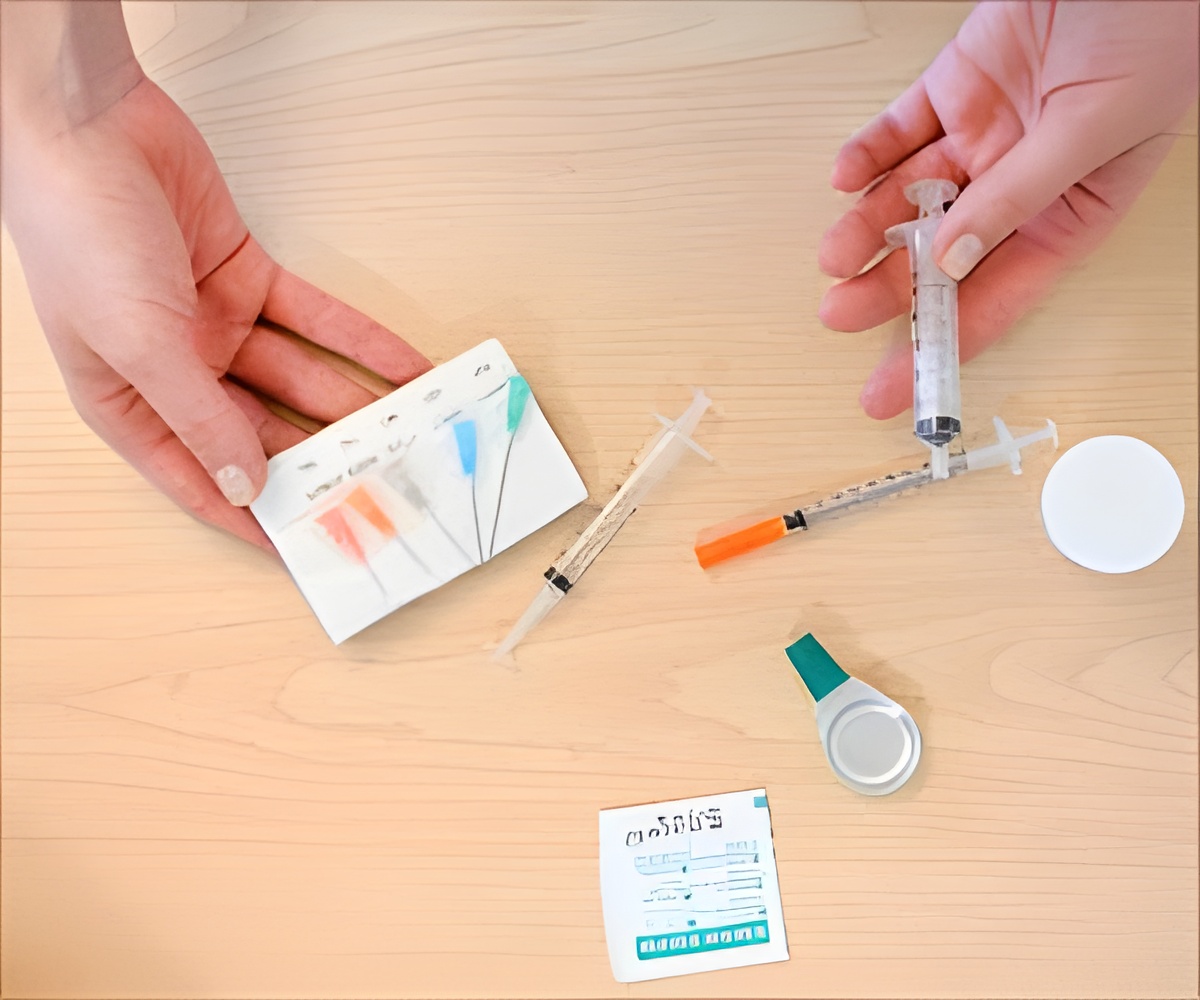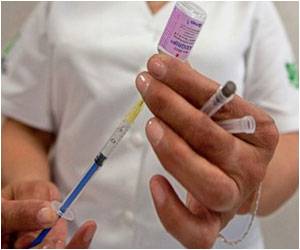A new approach to delivering school-based vaccines that improves student experience developed by researchers.

‘The CARD System (Comfort, Ask, Relax, Distract) is an evidence-based approach that can be implemented as an in-class game to help students better prepare for vaccination clinics, thereby improving their experiences. ’





"Vaccine hesitancy has been identified as a major threat to global health," says Anna Taddio, lead author and researcher the University of Toronto's Leslie Dan Faculty of Pharmacy and a senior associate scientist at SickKids. "While school-based programs are an efficient way to deliver vaccines that help protect youth and prevent the spread of illness, many youth have negative experiences due to fear of injection-related pain."
"Fear of pain and needles, compounded by negative experiences, can lead to vaccine refusal and even a longer term reluctance to fully engage health care services throughout life," says Taddio, who is an internationally recognized expert in children's experience of pain.
The CARD System allows students to select coping strategies they want to use during their vaccination by selecting a letter of the CARD system.
On vaccination day, nurses explicitly ask students about their level of fear and what 'CARDs they want to play' to help them cope and support them in their choices. For example, a student may wish to play from category "A" and ask to be vaccinated in a private place, or "D" and bring an electronic device to serve as a distraction.
Advertisement
"CARD is the first knowledge translation tool to integrate all that is known about pain, fear and fainting mitigation into a simple, low-cost, appealing training approach for youth," says Taddio.
Advertisement
"The CARD system is a very intuitive and intentional approach to immunization that enhances the student immunization experience," says Leslie Alderman, Vaccine Preventable Diseases Supervisor with Niagara Public Health and member of the Pain Pain Go Away Project Team that oversaw the pilot implementation project.
Earlier this year the World Health Organization (WHO) identified vaccine hesitancy as one of ten threats to global health, alongside climate change, antimicrobial resistance and Ebola. Taddio believes that acknowledging barriers to vaccination, like fear and pain, and then designing approaches to address these barriers, should help improve vaccine hesitancy over time. Talking to students about needles and their fears did not make them more scared or not want to get immunized.
The pilot implementation project demonstrated a reduction in fear and dizziness, and also resulted in fewer children coming back to the clinic after their vaccination with associated symptoms. However, the pilot did not show an uptake in vaccinations by students.
"This is not entirely surprising," says Taddio. "CARD represents a major change in how we deliver school-based vaccines and it will take some time before we can start to measure the impact of CARD on vaccination rates. But it's also important to point out that we didn't see a decline in vaccination rates, either."
Source-Eurekalert









